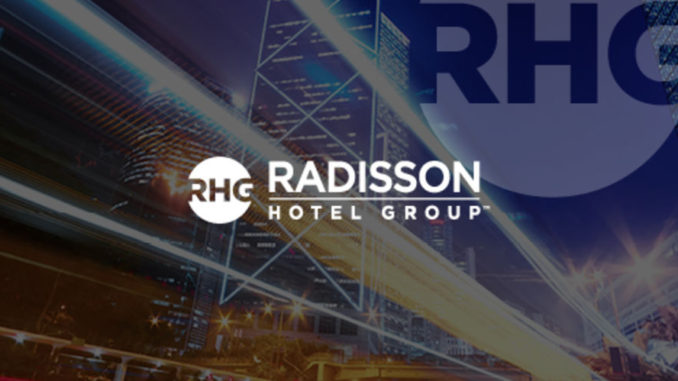
Radisson Hotel Group (known, until just a few weeks ago, as Carlson Rezidor Hotel Group) has made it clear that technology will play a starring role in its strategic initiatives around the improving the quality of the guest experience management. The company recently embarked on a comprehensive five-year strategic plan which includes investments into platforms and technology across more than 500 hotels.
As part of that plan, the company this week announced the upcoming launch of a unified technology platform, dubbed Emma, designed to encompass all aspects of the hotel business. Developed in partnership with several leading technology companies, Emma will provide end-to-end capabilities with the goal of improving operational efficiencies and increasing revenue growth in addition to enhancing guest services.
Scheduled to roll out in early 2019, Emma will encompass such core hotel functions as reservations, property management, revenue management, guest loyalty, sales, meetings and events, food and beverage, business intelligence, analytics and performance reporting. According to a company spokesperson, Emma will provide on-property access to better data on guest preferences, providing a 360-degree view of guests relationships at an invidual level. Profile information regarding past stays and purchases will enable properties to create a more relevant and personalized guest experience. There will also reportedly be more options for loyalty members to redeem points for products and services during their stay.
The platform is expected to include fully-integrated customer relationship management capabilities to manage accounts, guests and marketing campaigns. It will provide more transparency into the group sales process and enable meeting planners to book space and catering directly online. Emma will also centralize billing for corporate clients. According to a Radisson spokesperson, corporate accounts have long requested this functionality.
One of the perceived benefits of Emma is the ability to quickly deploy new features as needs demand. As a unified platform, it will have fewer third-party contact points and a one-stop shop for service, support and billing. As a cloud-based platforma, there will be less hardware to buy, upgrade and maintain than existing on-premise hospitality software solutions that may currently be in place.
